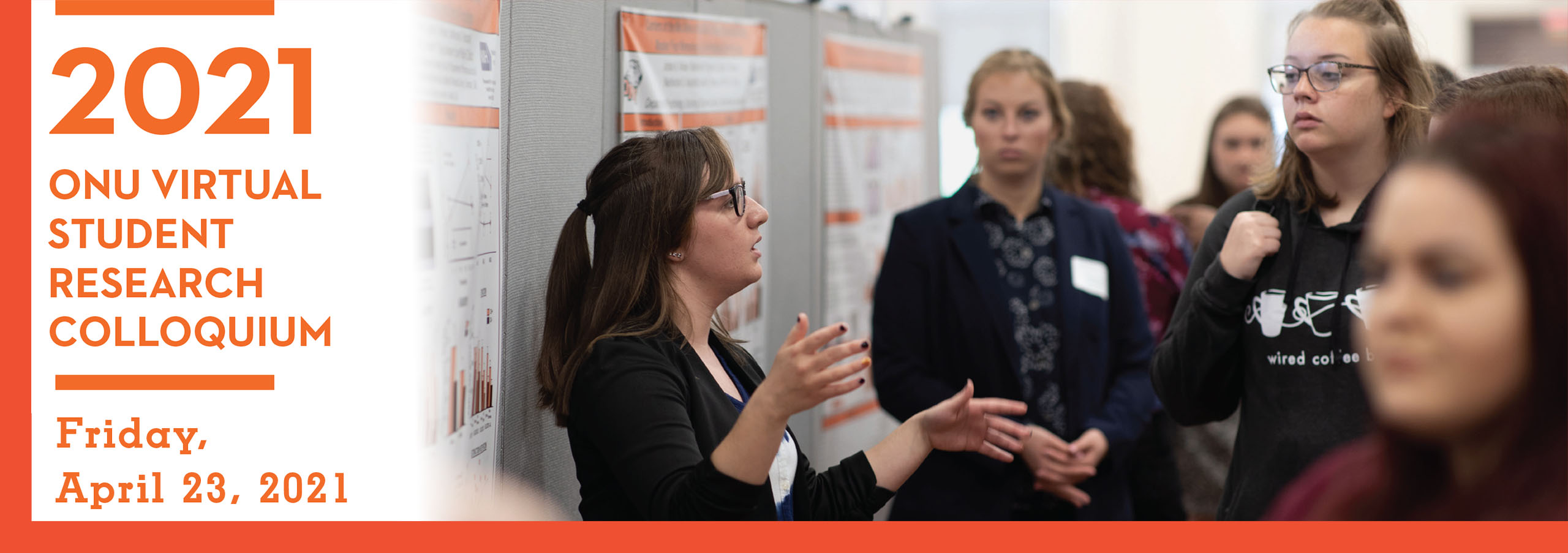Sponsor
Jamie Hunsicker, DNP
Ohio Northern University
Health & Behavioral Sciences, Nursing
j-hunsicker@onu.edu
Advisor(s)
Jamie Hunsicker, DNP
Ohio Northern University
Health & Behavioral Sciences, Nursing
j-hunsicker@onu.edu
Megan Lieb, DNP
Ohio Northern University
Nursing, Health & Behavioral Sciences
m-lieb.2@onu.edu
Document Type
Poster
Start Date
23-4-2021 9:00 AM
Abstract
Problem: Respiratory Syncytial Virus (RSV) is a highly contagious virus that causes respiratory tract infections in infants and toddlers and poses serious health risks to young children during the first two years of life.
Purpose: The purpose of this project is to determine the effect of RSV education on nurses' knowledge of RSV and confidence in their ability to implement proper nursing interventions for patients with RSV.
Methods: Education on RSV was developed using recent literature and facility protocols. RSV knowledge and interventions were measured pre-education and two weeks following education using author-developed Likert-style questions. A convenience sample of pediatric nurses was used.
Results: It is hypothesized that the education will increase nurses’ knowledge and confidence in their ability to provide care for RSV patients.
Conclusion: Based on the expected responses and actions from nurses, implementing education regarding RSV would be beneficial to nurses’ knowledge about RSV and improve confidence in ability to identify proper nursing interventions for these patients.
Recommended Citation
Stalla, Christina, "Respiratory Syncytial Virus (RSV) Education for Pediatric Nurses" (2021). ONU Student Research Colloquium. 63.
https://digitalcommons.onu.edu/student_research_colloquium/2021/posters/63
Restricted
Available to ONU community via local IP address and ONU login.
Respiratory Syncytial Virus (RSV) Education for Pediatric Nurses
Problem: Respiratory Syncytial Virus (RSV) is a highly contagious virus that causes respiratory tract infections in infants and toddlers and poses serious health risks to young children during the first two years of life.
Purpose: The purpose of this project is to determine the effect of RSV education on nurses' knowledge of RSV and confidence in their ability to implement proper nursing interventions for patients with RSV.
Methods: Education on RSV was developed using recent literature and facility protocols. RSV knowledge and interventions were measured pre-education and two weeks following education using author-developed Likert-style questions. A convenience sample of pediatric nurses was used.
Results: It is hypothesized that the education will increase nurses’ knowledge and confidence in their ability to provide care for RSV patients.
Conclusion: Based on the expected responses and actions from nurses, implementing education regarding RSV would be beneficial to nurses’ knowledge about RSV and improve confidence in ability to identify proper nursing interventions for these patients.

